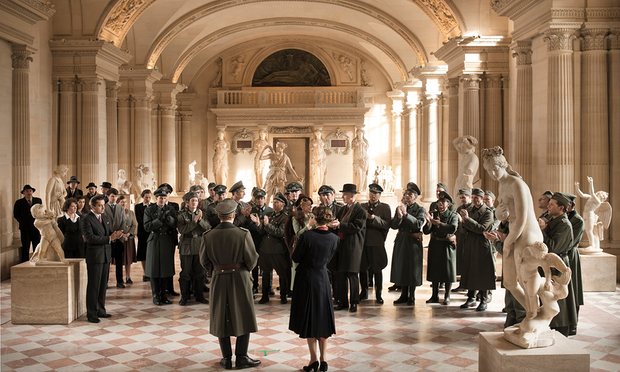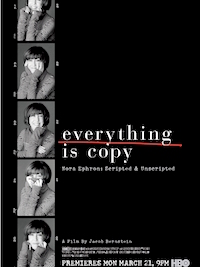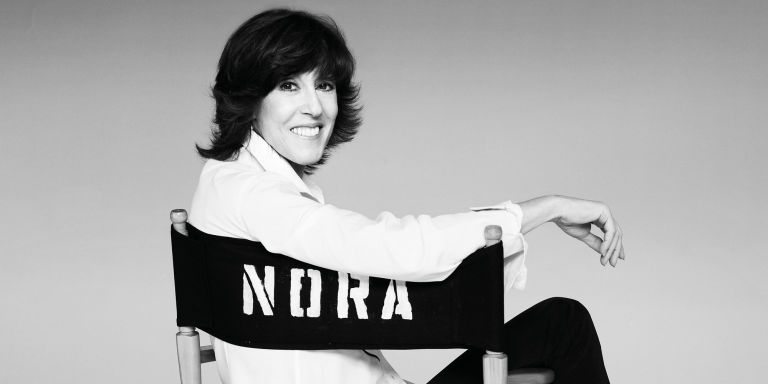Glenn here and welcome back to Doc Corner. Each Tuesday we're bringing reviews and features on documentaries from theatres, festivals, and on demand. This week we’re looking at films that screened at the just-ended SXSW about musical icon Gary Numan, self-helper Tony Robbins, and mature-age trans women.

Gary Numan: Android in La La Land
You know I hate to ask
But are 'friends' electric?
Only mine's broke down
And now I've no-one to love
Like many artists of Numan’s vintage who were experimenting with electronic music, there was a queerness to him, an otherness that the made him a symbol to hordes of young audiences who had never seen or heard anything like him before. He was a musician whose dark and complex lyrics were perfectly paired with the aloof roboticism of his performance – an android dreaming of the electric beeps and boops of a Moog synthesizer. But for a performer who made much of his early fame and success off of the obscure oddness of his lyrics and imagery, this documentary by Steve Read and Rob Alexander is awfully straight.
I can only wish that Read and Alexander had taken some of that electro-punk attitude as inspiration for while Gary Numan: Android in La La Land will be an enjoyable sit for fans of the 58-year-old British singer famous for songs like “Cars” and “Are ‘Friends’ Electric” (like myself), but as cinema it lacks something propulsive. This brand of musical comeback doc is certainly popular – recent examples like Pulp: A Film About Life, Death and Supermarkets and I Am Thor were mostly more successful thanks to meatier narrative hooks – and the two directors are wise to focus in on some of the more unique elements of Numan’s life such as his long-standing marriage to a fan and his anxious worry about an impending comeback record while on a family vacation. Still, Android in La La Land works best with it fuses Numan’s abstract lyrics and music with strange beautiful images rather than the musician-moves-to-LA narrative that forms its core. The musical sequences are as vibrant as you would expect, but the power of the songs and his genius doesn’t shine through any clearer than if simply listening to them.
Two more after the jump...
Click to read more ...
 Saturday, April 2, 2016 at 9:00PM
Saturday, April 2, 2016 at 9:00PM 








